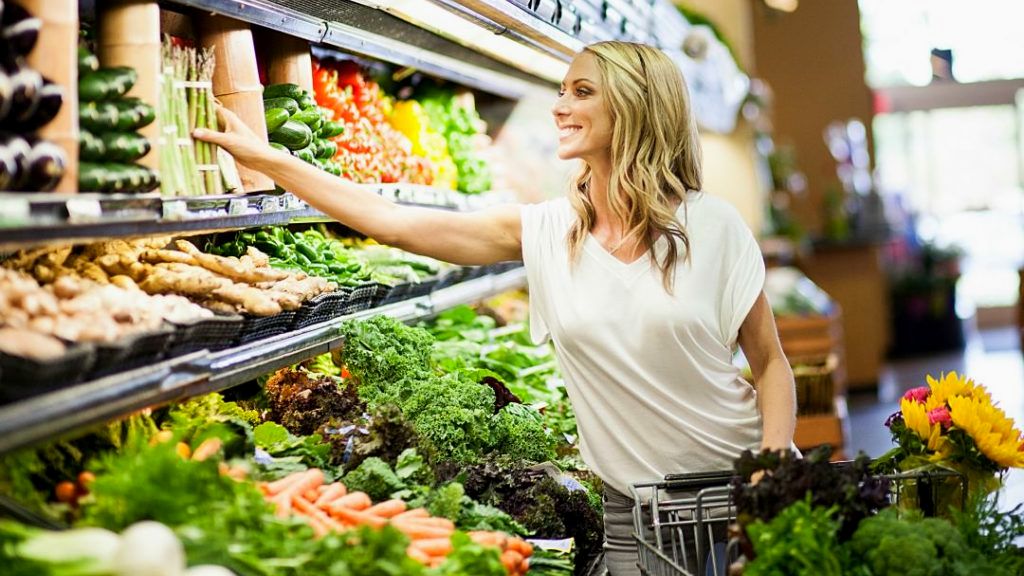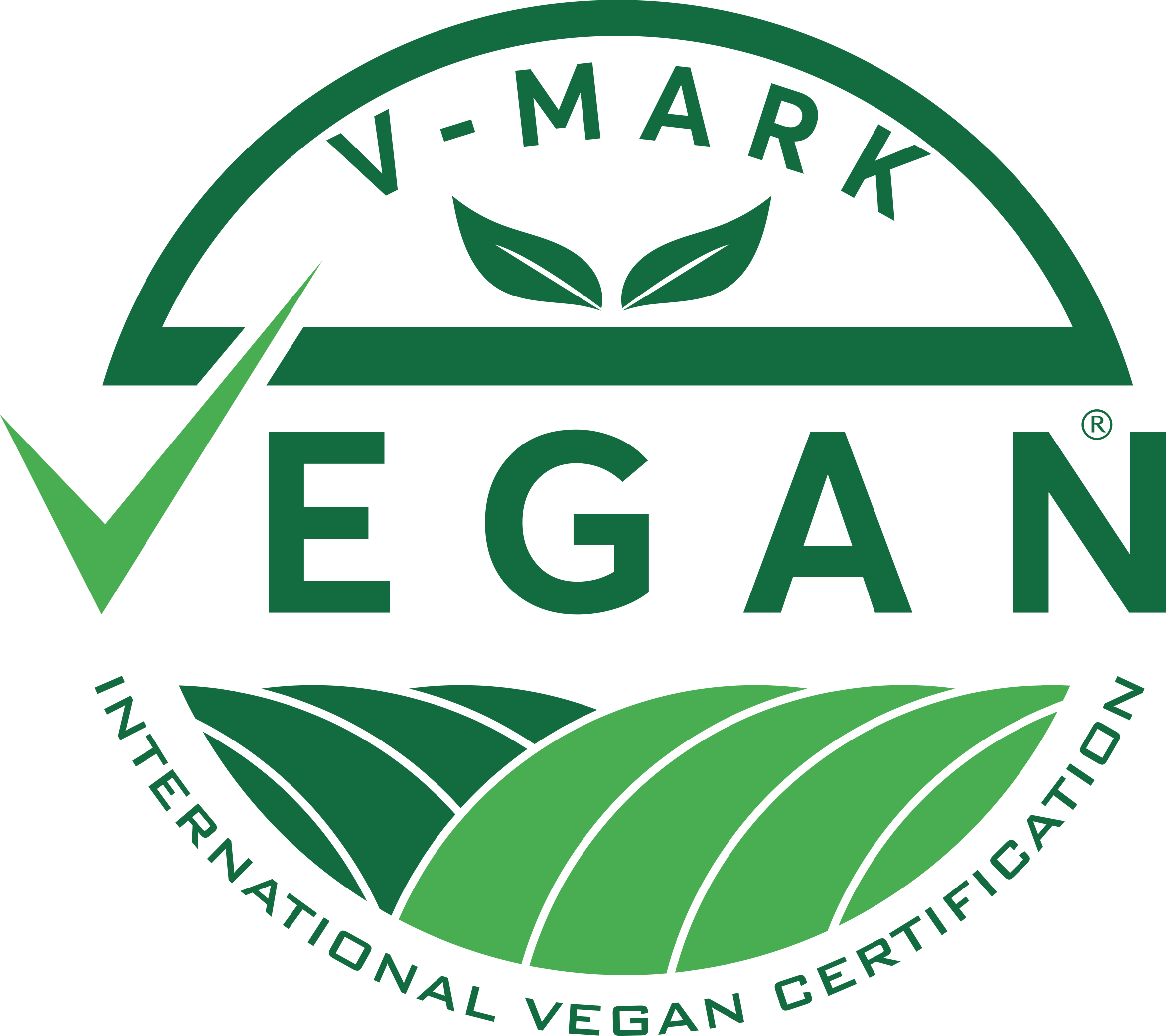Vegan Certificate for Tea: Compassionate and Sustainable Beverages
Vegan certification for tea has become an increasingly popular trend in recent years, as more people seek to make their lifestyle more compassionate and sustainable. Tea has long been a staple in many cultures around the world, and vegan certification offers an assurance that no animal-derived ingredients, such as honey or milk, have been used in the production of the tea.

In addition to being compassionate and sustainable, vegan-certified tea is also healthier than non-vegan tea. By eliminating animal-derived ingredients, tea certified as vegan is free of hormones, antibiotics, and unhealthy fats that can be found in animal-based ingredients. This makes vegan-certified tea a healthier option for consumers who may be sensitive to these substances.
Vegan-certified tea is also often more environmentally friendly than its non-vegan counterparts. By eliminating animal-derived ingredients, vegan tea is less likely to contain ingredients that have been sprayed with chemicals or processed with high-heat methods that can harm the environment. In addition, the vegan certification ensures that tea companies are following ethical and sustainable practices when sourcing their ingredients, such as avoiding the use of pesticides and synthetic fertilizers.
Finally, vegan-certified tea is often more flavorful than non-vegan tea. By avoiding animal-derived ingredients, tea companies can focus on creating blends that are free of artificial flavorings and colorings, resulting in a product that tastes more natural and authentic.
In conclusion, vegan certification for tea is an important step towards creating more compassionate and sustainable beverages. Vegan-certified tea is healthier, more environmentally friendly, and often more flavorful than non-vegan tea, making it the perfect choice for those looking to make a positive difference in their lifestyle. Not only is vegan tea a healthier and more sustainable option, but it also helps to support ethical and sustainable practices in the tea industry.
Programs
- Vegan Certificate for Bakeries
- Vegan Certificate for Beer
- Vegan Certificate for Coffee
- Vegan Certificate for Cosmetics
- Vegan Certificate for Events: Planning Cruelty-Free Gatherings
- Vegan Certificate for Fashion: Ethical and Sustainable Clothing Options
- Vegan Certificate for Food Delivery: Convenient and Compassionate Options
- Vegan Certificate for Food
- Vegan Certificate for Grocery Stores: Making Ethical Choices Easy
- Vegan Certificate for Hotels
- Vegan Certificate for Household Products
- Vegan Certificate for Manufacturing
- Vegan Certificate for Packaging
- Vegan Certificate for Personal Care Products
- Vegan Certificate for Restaurants
- Vegan Certificate for Salons: Beauty Services Without Animal Testing
- Vegan Certificate for Spas
- Vegan Certificate for Spirit Brands: Ethical and Sustainable Options
- Vegan Certificate for Tea: Compassionate and Sustainable Beverages
- Vegan Certificate for Wine

GET CERTIFIED
